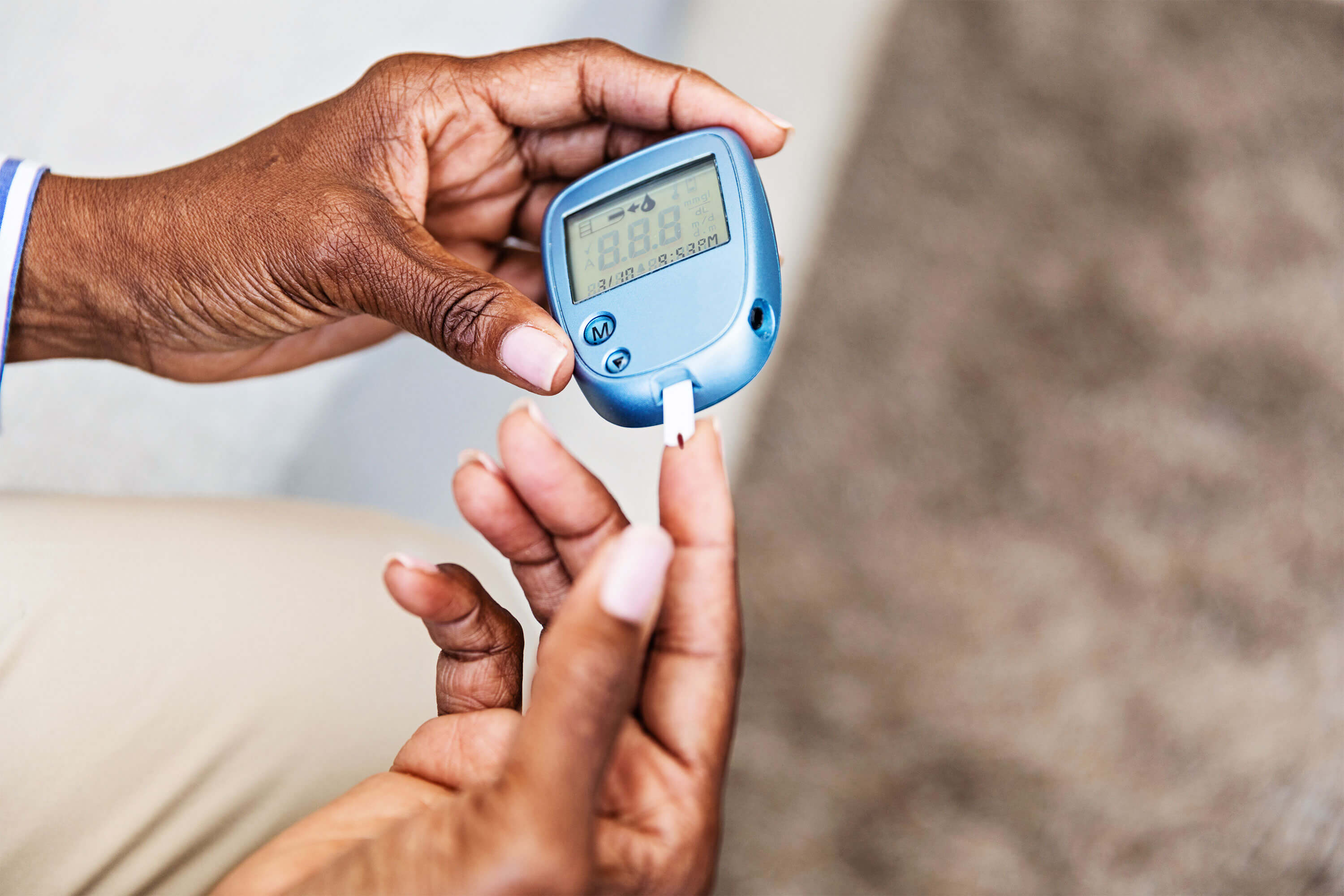Emotional stress, confrontations at workplace can increase diabetes risk by 24%, finds study
Fri 27 Jun 2025, 00:55:33

A recent study found that emotional demands at a workplace and in-person confrontations with colleagues can increase the risk of developing diabetes by 24 per cent. The study also found that the risk of metabolic disorder was the highest at 47 percent in women who worked in emotionally demanding jobs, but had low social support at work.
The study was published in the journal Occupational and Environmental Medicine and researchers included those from Sweden's Karolinska Institutet. Researchers said that the findings support the notion that working in roles requiring a constant engagement with people can be stressful, which can eventually affect workers' metabolic health.
The researchers said that factors such as job strain, insecurity, violence or bullying at workplace, are all known to heighten the chance of developing diabetes. However, how working in roles requiring in-person exchanges with patients, customers, clients or passengers can impact one's risk is not known.
For the study, the researchers looked at data of about 30 lakh people who were part of a study group registered in Sweden in 2005. The participants were aged 30-60 in 2005, with no history of diabetes diagnosis or medications.
Twenty job roles in industries requiring highest levels of in-person contact were analysed, including service, healthcare, hospitality and education. Three types of interactions were looked at, general, emotional demands in a stressed situation and confrontation.
Between 2006 and
2020, over two lakh people were found to have developed type 2 diabetes, of which about 60 per cent were men. The affected tended to be older, more likely to be born outside Sweden, and to have a lower level of education and low job control, compared to those who did not develop the metabolic condition, the researchers said.
2020, over two lakh people were found to have developed type 2 diabetes, of which about 60 per cent were men. The affected tended to be older, more likely to be born outside Sweden, and to have a lower level of education and low job control, compared to those who did not develop the metabolic condition, the researchers said.
The authors wrote, "High exposures to emotional demands and confrontation were respectively associated with 20 per cent and 15 per cent increased risks of type 2 diabetes in men, and 24 per cent and 20 per cent in women."
Chronic or persistent levels of stress that affect the endocrine system (which produces hormones), resulting in an excess production of the stress hormone 'cortisol' and increased insulin resistance, could be a possible biological mechanism behind the links, they said.
These biological processes could worsen due to a lack of social support at the workplace, the team said. The authors wrote, "With regards to having contact with people at work, there are expectations for emotional management where workers are required to express or hide emotions according to societal, occupational and organisational norms. It is especially stressful when the displayed emotion and the genuinely felt emotion are not aligned."
Disclaimer: Tips and suggestions mentioned in the article are for general information purposes only and should not be construed as professional medical advice. Always consult your doctor or a dietician before starting any fitness programme or making any changes to your diet.
No Comments For This Post, Be first to write a Comment.
Most viewed from Health
AIMIM News
Latest Urdu News
Most Viewed
May 26, 2020
Is it right to exclude Bangladesh from the T20 World Cup?
Latest Videos View All
Like Us
Home
About Us
Advertise With Us
All Polls
Epaper Archives
Privacy Policy
Contact Us
Download Etemaad App
© 2026 Etemaad Daily News, All Rights Reserved.

























.jpg)
.jpg)
.jpg)


